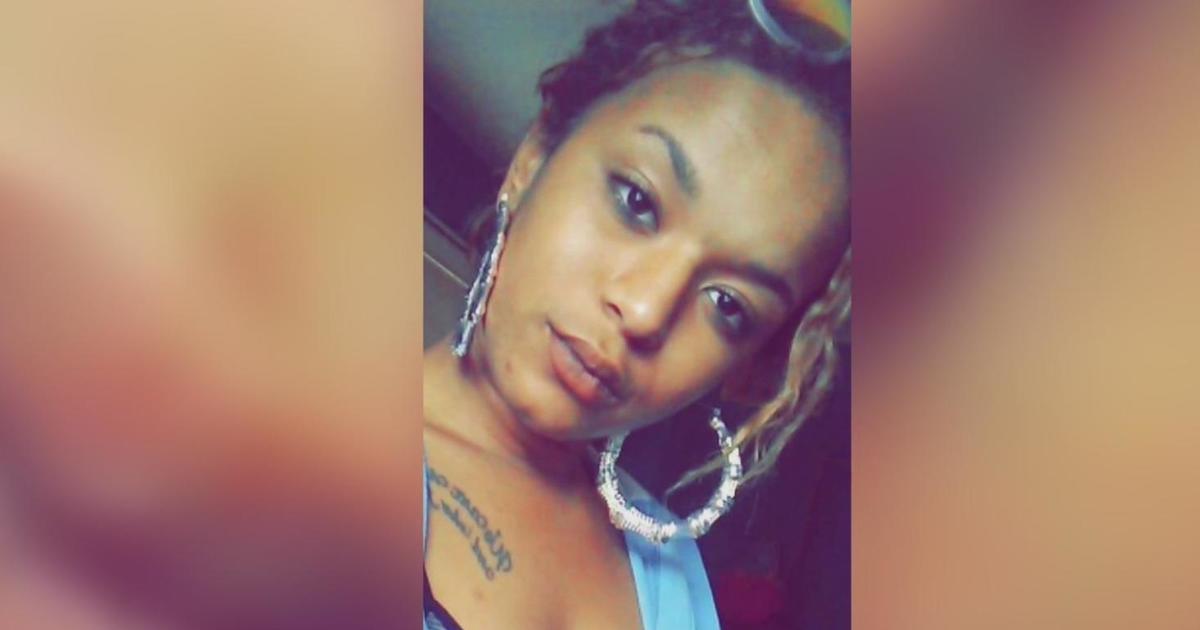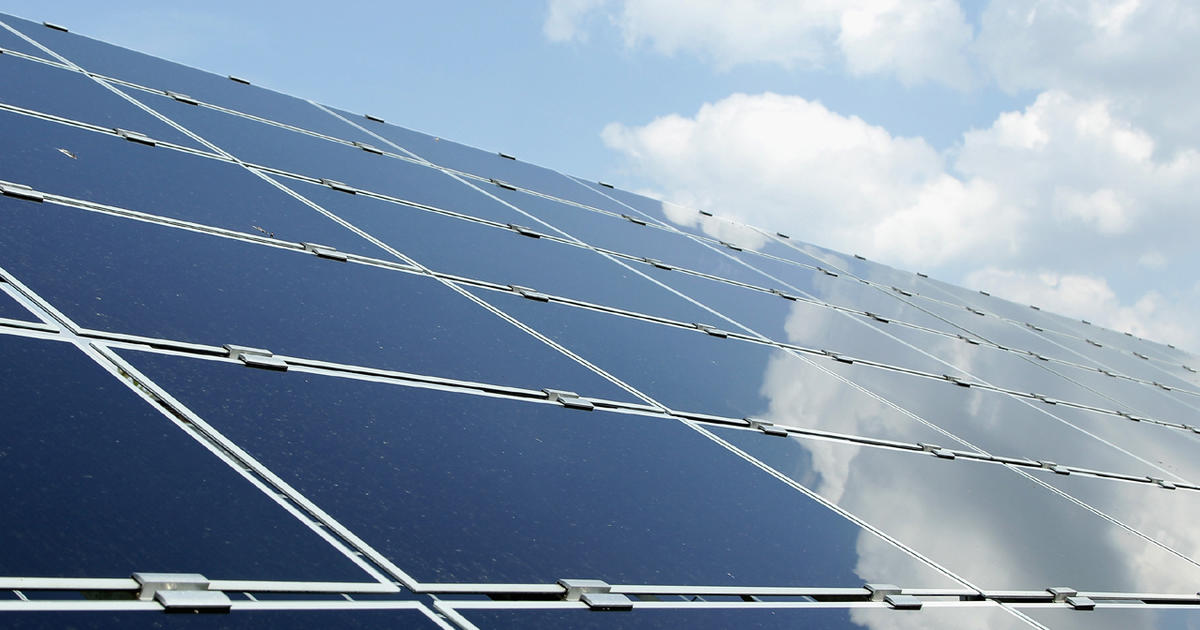Supreme Court Opens A Session Likely To Feature Controversial Rulings On Abortion Rights, Religious Liberties And Access To Handguns
PITTSBURGH (KDKA) -- The first Monday in October is the traditional opening of the U.S. Supreme Court, and this session of the court could be one of the most controversial in years.
The Supreme Court is the last word on judicial cases, which is why between 8,000 and 10,000 cases get appealed to the high court every year. But in recent years, the Supreme Court has cut back the number of cases it actually considers to about 60 to 70 cases, most of which are controversial and significant
This is the first full term where six of the nine justices are appointed by Republicans, including three by former President Donald Trump -- Justice Neil Gorsuch because the Republican-controlled Senate would not act on then-President Barack Obama's nominee; Justice Brett Kavanaugh, who was accused of sexual harassment; and Justice Amy Coney Barrett, whose nomination was rushed last fall just before Trump was defeated.
Many high court observers expect some dramatic rulings that affect abortion rights, the Second Amendment, religious liberties and the death penalty. Professor Amy Wildermuth, dean of the University of Pittsburgh Law School who clerked on the Supreme Court, predicts decisions that could make some unhappy.
"This composition is a very different composition than we have seen in many years," Wildermuth told KDKA political editor Jon Delano, who is also an attorney. "Last term had some complications because of COVID and had some interesting cases, but not the kind of blockbuster cases we're seeing from this term."
"Overall, what we're watching is a number of different things as this court, this current composition, comes forward to put its stamp on things," she added.
The anti-abortion rights case from Mississippi, where the state seeks to ban abortions after 15 weeks of pregnancy, gives the court a clear chance to overturn Roe v. Wade. That case established abortion rights as a constitutional right of women 50 years ago.
Mississippi has framed the case to give the court little leeway to find a compromise. The oral argument on this case is set for Dec. 1.
"They're going after overturning Roe v. Wade. So there's no other argument. There's no maybe this could be constitutional under some other framing of a test," Wildermuth said "They simply say Roe should be overturned, and that's the goal of that particular case now."
Another controversial case involves New York City denying two residents' concealed carry permits because they did not have "a proper cause" to carry handguns. Second Amendment advocates say you do not need a reason to carry a gun, while New York officials said it's a matter of public safety.
WATCH: Jon Delano Reports
"In terms of the Second Amendment, this is another area where we see this new composition on the Supreme Court, perhaps, ready to make some changes, ready to come up with some new directions," Wildermuth said.
When it comes to the separation of church and state and tax dollars, Maine prohibits religious schools from getting taxpayer-funded tuition aid because of the First Amendment ban on establishing a religion.
But some parents argue the ban violates their religious liberties when they send their kids to parochial schools.
"This is another attempt by that group at the Supreme Court very interested in religious freedom, if you will, to say, here's another false restriction on religion," Wildermuth said.
Another case involves a man on Texas death row who wants to have his spiritual advisor hold his hand and say prayers while he's being executed. And then there's the Boston Marathon bomber case, where Dzhokar Tsarnaev is trying to set aside his death sentence, claiming he was under the influence of his older brother.
Wildermuth said with this court, you can see an expansion of the death penalty.
"On the court right now, we have a few that question the death penalty, whether it is constitutional, and then we have the potential with this case to open up the death penalty, if you will, to sort of a wider array," Wildermuth said.
These are just a few of the cases likely to get public attention during this term. While cases will be argued over the next seven months, most decisions will not be issued until next June, just in time for next year's congressional elections.



